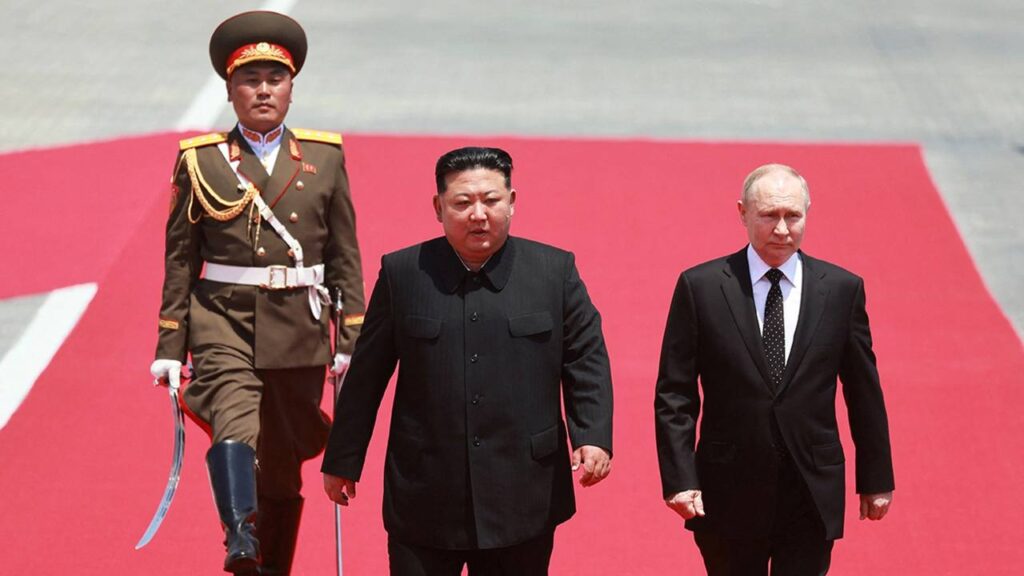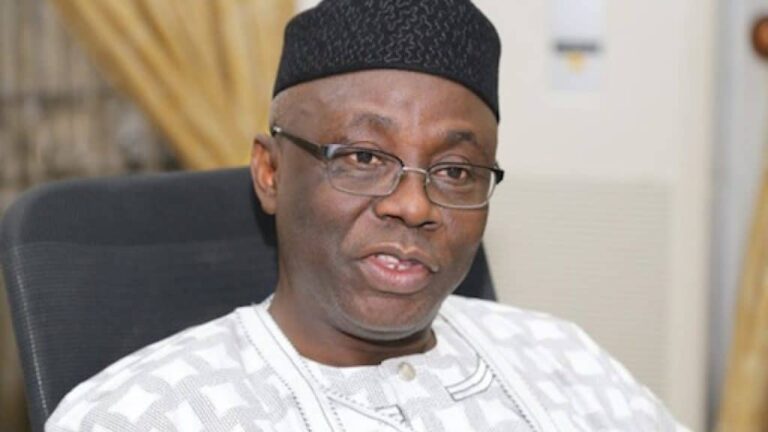
North Korea has recently shown interest in joining BRICS, the alliance of emerging economies comprising Brazil, Russia, India, China, and South Africa. As the bloc expands its influence and develops alternatives to dollar-based systems, Pyongyang sees BRICS membership as a chance to reduce its reliance on Western-controlled financial networks, such as SWIFT. North Korea’s inclusion would allow it to benefit from BRICS-led initiatives aimed at fostering trade in national currencies and potentially moving toward a shared currency—a step aimed at challenging the dollar’s global dominance.
This potential shift would allow North Korea to circumvent international sanctions and bolster its economic resilience, especially given its existing partnerships with Russia and China. North Korean media has highlighted BRICS’ potential to reshape the global order and diminish U.S. economic influence. However, experts believe North Korea’s entry could face hurdles, particularly given the bloc’s emphasis on transparency and the requirement of unanimous approval from all BRICS members.
Whether or not North Korea’s membership bid succeeds, its interest underscores how the BRICS bloc is increasingly seen as a counterweight to Western economic influence, appealing to countries seeking alternative global alliances.




